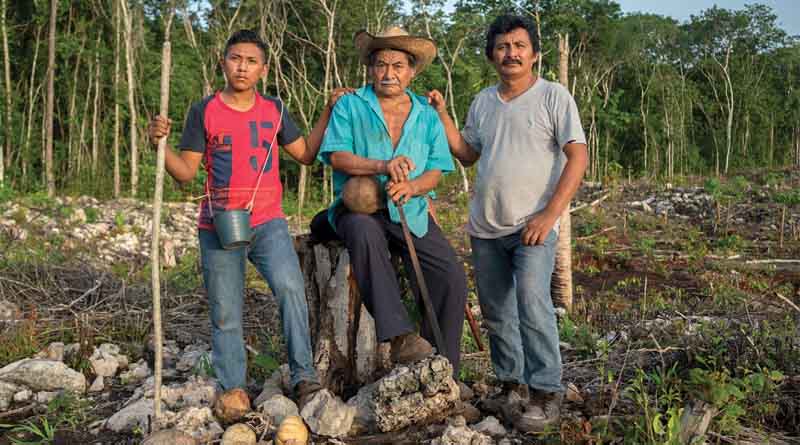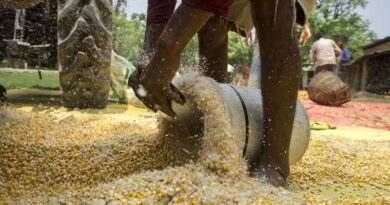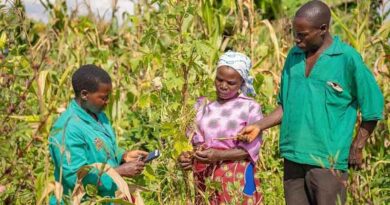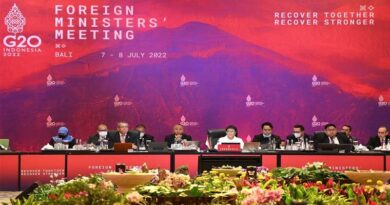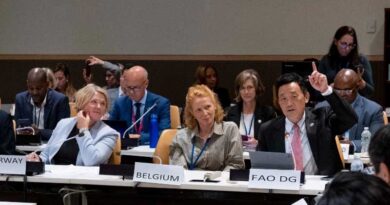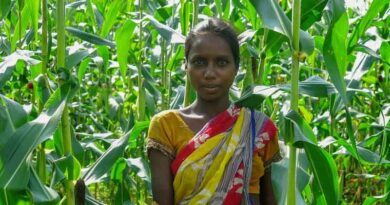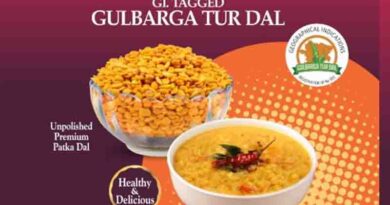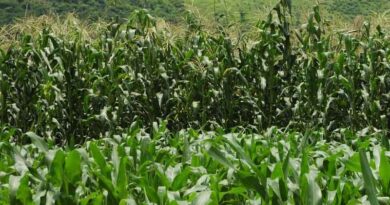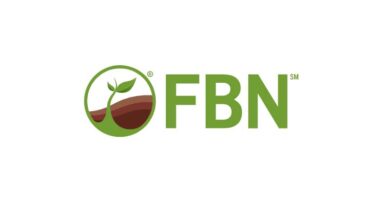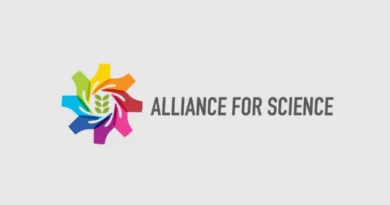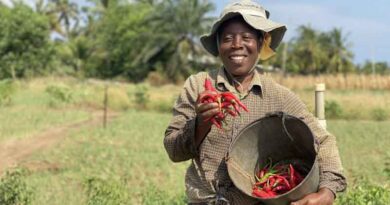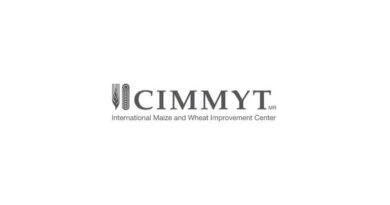Science and partnerships are critical to reach G7 food security goals
08 June 2023, South Asia: In a world where more than 800 million women, men, and children still go hungry, the International Maize and Wheat Improvement Center (CIMMYT) offers proven science and formidable partnerships to help achieve the recently stated ambitions of prosperous nations for global food security and nutrition.
Meeting in Hiroshima, Japan, the weekend of 19 May 2023, the grouping of seven wealthy nations known as the G7 released a public statement recognizing that the world faces the highest risk of famine in a generation and the need of working together to build more resilient, sustainable, and inclusive agriculture and food systems.
“Realizing resilient global food security and nutrition for all is our shared goal for a better future for each human being,” reaffirmed the leaders of Japan, Australia, Brazil, Canada, Comoros, the Cook Islands, France, Germany, India, Indonesia, Italy, the Republic of Korea, the United Kingdom, the United States of America, Vietnam, and the European Union, in a joint statement.
The six-page statement lays out detailed actions, policy goals, and partnerships to respond to the immediate food security crisis, in which more than 250 million persons in 58 countries need emergency food assistance, as well as preparing for and preventing future crises.
Research with impacts for marginalized, small-scale farmers
Recognizing the key role of applied research to boost food production while addressing climate shocks, the leaders advocated promoting climate-smart agriculture, including “…agro-ecological, nature-based solutions and ecosystem based approaches and other innovative approaches as appropriate, drawing on the knowledge and evidence base developed by the FAO, IFAD and CGIAR.”
Established in 1971, CGIAR is a global partnership dedicated to reducing poverty, enhancing food and nutrition security, and improving natural resources. A founding member and leader in CGIAR, CIMMYT is responsible for major impacts in the productivity of two key food crops, according to Bram Govaerts, director general of CIMMYT.
“Maize and wheat together sustain billions of people worldwide, providing around a fifth of humanity’s nutritional protein and carbohydrates, generating nearly $50 billion in trade each year, and covering 400 million hectares of land — that’s approximately one quarter of the world’s farmland,” said Govaerts. “We stand ready to support G7 efforts.”
“Fully half of the maize and wheat varieties grown in low- and middle-income countries carry CIMMYT breeding contributions,” Govaerts explained. “This and our research on more productive and efficient farming methods for those crops generate approximately $3.5-4 billion each year in enhanced benefits to farmers and consumers.”
As part of its decades-long cropping systems research, CIMMYT has studied and promoted conservation agriculture, a soil- and water-saving approach involving reduced tillage, keeping a cover of crop residues, and growing multiple crops together or in rotations. This approach has become highly relevant for farmers in places such as South Asia, where rising temperatures and fresh water scarcities threaten more than 13 million hectares of crop production. As part of its “cropping systems” approach, CIMMYT has diversified its expertise to groundnut, pigeon pea, chickpea, pearl millet and sorghum, with a strong focus on nutrition and resilience, while maintaining the Center’s foundational work in seed production and seed marketing systems.
The G7 statement cites the importance of dryland cereal and legume crops in settings such as sub-Saharan Africa and South Asia, and CIMMYT has undertaken initiatives to improve the livelihoods of small-scale producers and consumers of sorghum, groundnut, cowpea, common beans, and millets. Among other things, the work generates and shares data on the performance and the availability of seed of improved varieties of those crops.
CIMMYT is co-leading the CGIAR initiative Digital Innovation, which is working across 13 countries in Africa, Asia, and Latin America to improve the quality of information systems and strengthen local capacities to realize the potential of digital technologies, thereby boosting small-scale farmers’ adoption of better practices, their incomes, and their resilience to climate shocks, while reducing the gender gap and managing food system risks.
Partner connections and funding power success
These impacts would not have been possible without CIMMYT’s longstanding, effective relationships with hundreds of public and private partners worldwide, a number of which are mentioned in the G7 statement, as well as the global reach of the jointly-generated, freely-shared knowledge from those collaborations, according to Govaerts.
“A 2022 study in Nature Scientific Reports showed that the Center’s climate science, associated with some 90% of its research, appears on academic and research platforms as well as in social media and government and international organization websites across the Global North and South, contributing to the decolonization of science and the democratization of scientific debates,” he said.
CIMMYT partnerships with and support for private seed producers and dealers have helped fuel the adoption and spread of drought tolerant maize varieties in Africa. A 2021 study shows that, during 1995-2015, nearly 60% of all maize varieties released in 18 African countries came from research by CIMMYT or the International Institute of Tropical Agriculture (IITA), bringing yearly benefits as high as $1.05 billion and gaining mention in a blog by Bill Gates.
Regarding support for CIMMYT’s work from prosperous nations, including several G7 members, the Center receives generous investments on the order of $170 million each year from diverse funders including the Bill & Melinda Gates Foundation, the US Agency for International Development (USAID), Deutsche Gesellschaft für Internationale Zusammenarbeit (GIZ) GmbH, the government of Mexico, and CGIAR.
Also Read: Dhanuka Agritech further strengthens its herbicide portfolio with two new selective herbicides
(For Latest Agriculture News & Updates, follow Krishak Jagat on Google News)

